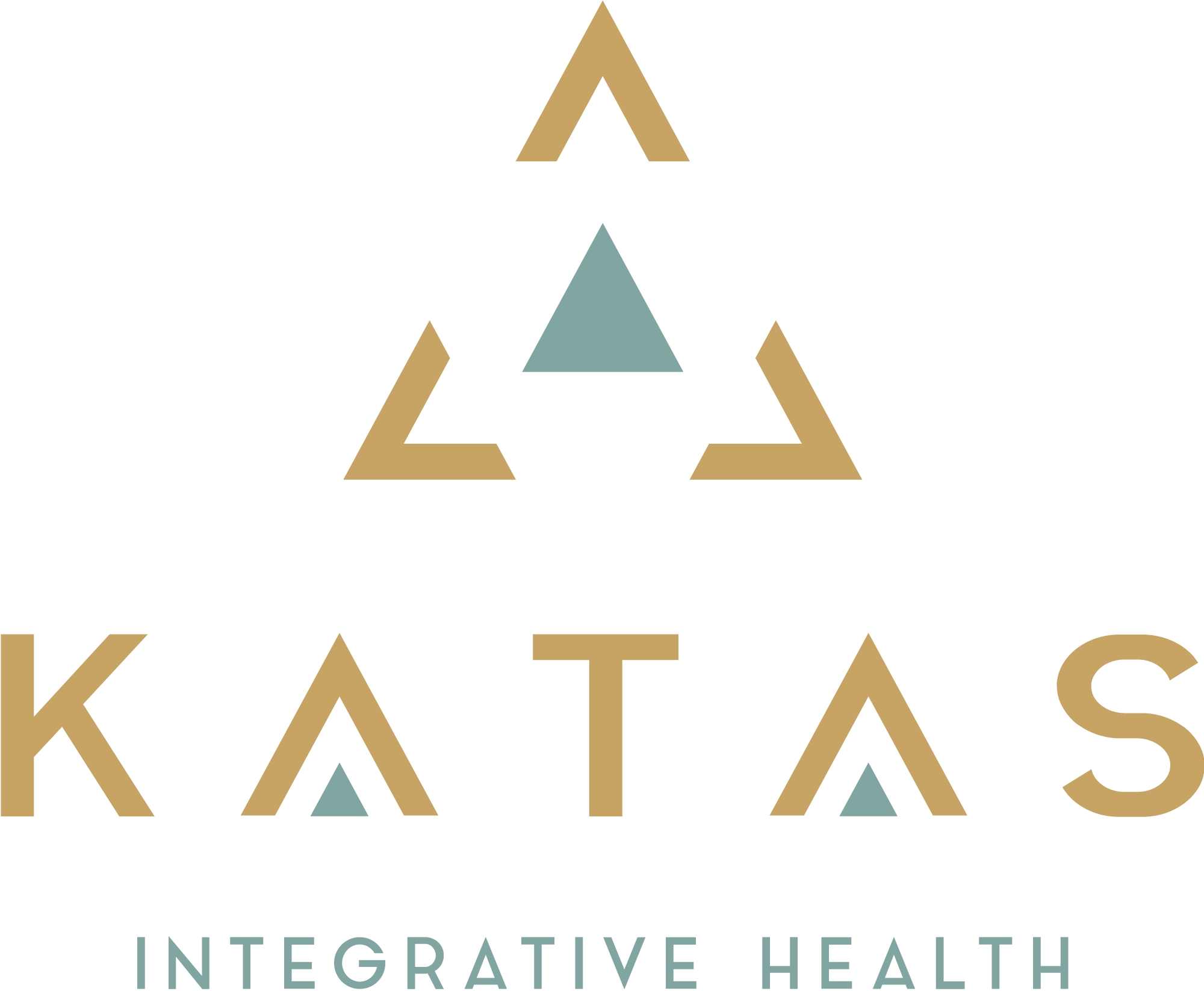During Part I of our Leaky Gut BLOG we discussed diet, a basic understanding of gut health, and symptoms of leaky gut. If you’ve been through various tests and still come up short on answers, you may have the leaky gut syndrome. Leaky gut is the result of a lack of intestinal enzymes that are necessary for digestion. Without the right enzymes to break down food, the body cannot absorb the nutrients needed to thrive. Without these enzymes, it can lead to hormone imbalances and a weakened immune system.
Additionally, larger particles not customarily absorbed may ‘leak’ out of the intestines into the bloodstream. The result is an autoimmune reaction, which can lead to gastrointestinal problems such as abdominal bloating, excessive gas and cramps, fatigue, food sensitivities, joint pain, skin rashes, and autoimmunity.
Causes vary and may include chronic inflammation, poorly managed food sensitivities, damage from taking large amounts of nonsteroidal anti-inflammatory drugs (NSAIDS), cytotoxic drugs and radiation, certain antibiotics, excessive alcohol consumption, or compromised immunity.
How you can stop your Leaky Gut
Diet is the first line of defense when it comes to correcting intestinal imbalances.
When you can’t get the nutrients you need, supplementation is the next best option.
If you feel like you could be suffering from leaky gut, changing your diet could be the treatment you need:

Photo by Дмитрий Иванцовa
Remove any known food allergens and inflammatory, causing foods from the diet. Common culprits include refined grains and oils, added sugar, and synthetic food additives.
Incorporate more gut-healing foods into your diet, such as:
- Bone Broth
- Raw Cultured Dairy
- Fermented Vegetables
- Sprouted Seeds -Omega-3 Fats

Photo by Seksak Kerdkannoa
Supplements can help support your digestive health and protect the gastrointestinal lining.
-
- Pancreatic Enzymes help digest macronutrients (fat, protein, and carbohydrates)
- Glutamine is an amino acid that can be depleted when the body is stressed.
- Aloe Vera is very healing and helps reduce inflammation.
- Turmeric is an anti-inflammatory herb that helps heal the intestinal lining.
- Probiotics promote the growth of helpful bacteria and prevent the growth of abnormal bacteria, yeast, and parasites
- Prebiotics feed the bacteria living in your gut For optimal gut health; you should also include a daily dose of fermented foods such as kefir, yogurt, sauerkraut, tempeh, and kombucha. These foods are prebiotic- and probiotic-rich and are known to lower inflammation, increase blood-sugar control, and improve antioxidant status.
Test for Leaky Gut
The symptoms of leaky gut can easily be mistaken for other health conditions, and while there is no specific test for leaky gut, there are tests available that can point you in the direction of better health. Tests such as; Vitamin Deficiency test and Food Intolerance Test.
Managing, healing, and preventing leaky gut syndrome is essential to overall health. Give us a call if you’d like to discuss a personalized recommendation.
Any questions or wish for more detailed information, contact our office.


